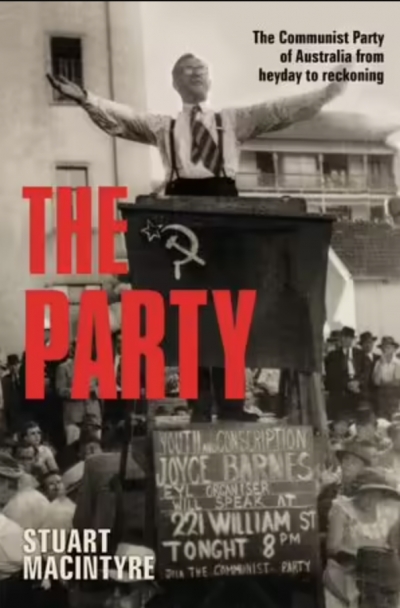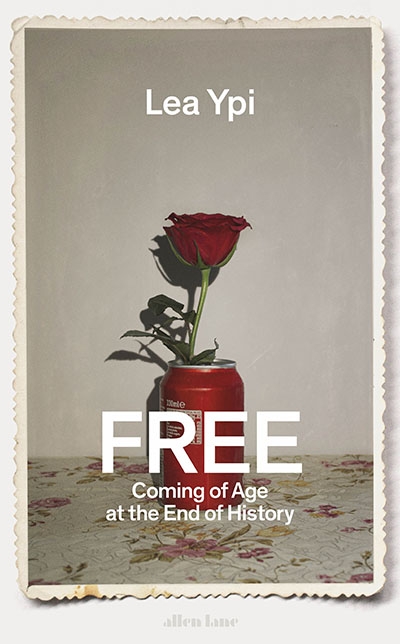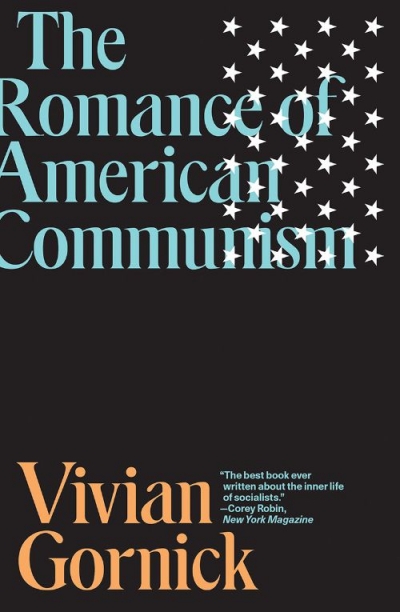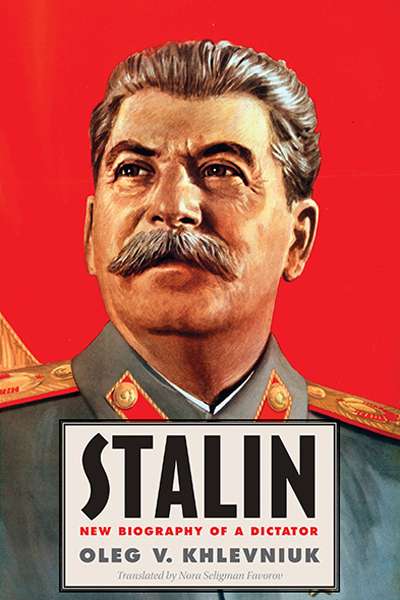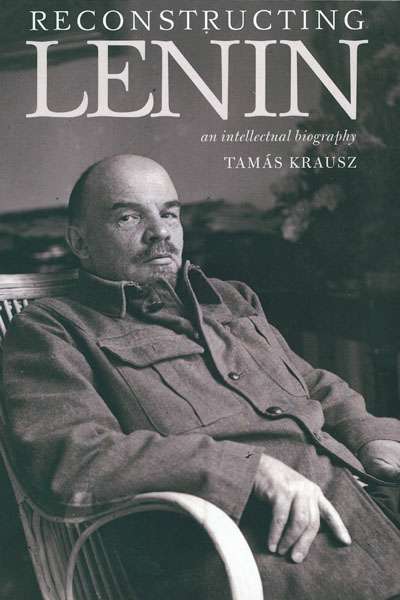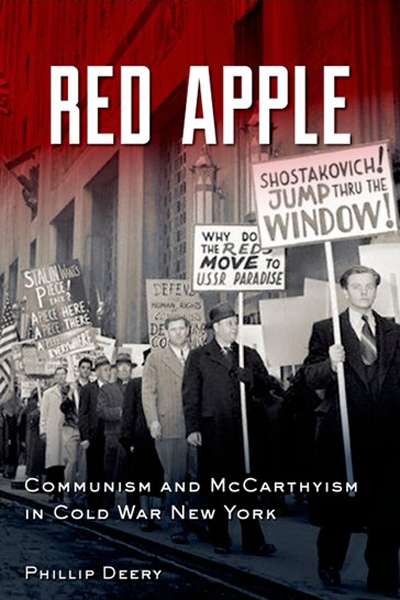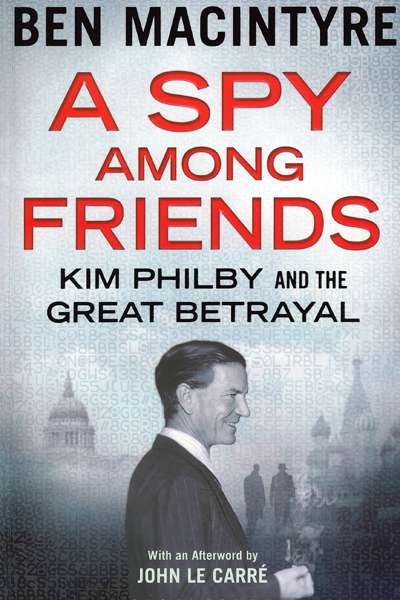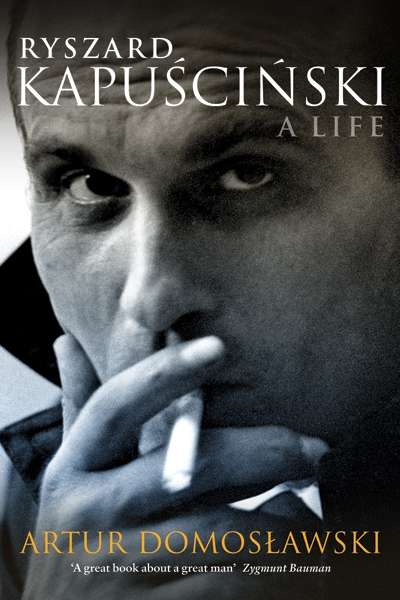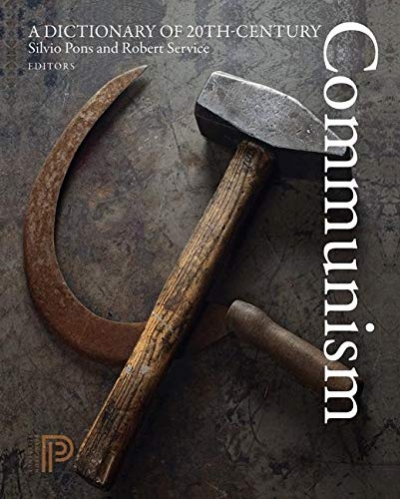Communism
The Party: The Communist Party of Australia from heyday to reckoning by Stuart Macintyre
by Sheila Fitzpatrick •
Stalin, Volume I by Stephen Kotkin & Stalin by Oleg V. Khlevniuk and translated by Nora Seligman Favorov
by Mark Edele •
Reconstructing Lenin: An Intellectual Biography by Tamás Krausz
by Sheila Fitzpatrick •
Red Apple: Communism and Mccarthyism in Cold War New York by Phillip Deery
by Sheila Fitzpatrick •
A Spy among Friends: Kim Philby and the Great Betrayal by Ben Macintyre
by Sheila Fitzpatrick •
Ryszard Kapuściński: A Life by Artur Domosławski, translated by Antonia Lloyd-Jones
by Sheila Fitzpatrick •
A Dictionary of 20th-Century Communism edited by Silvio Pons and Robert Service, translated by Mark Epstein and Charles Townsend
by Stuart Macintyre •
The Reds: The Communist Party of Australia from origins to illegality by Stuart Macintyre
by Ross Fitzgerald •

